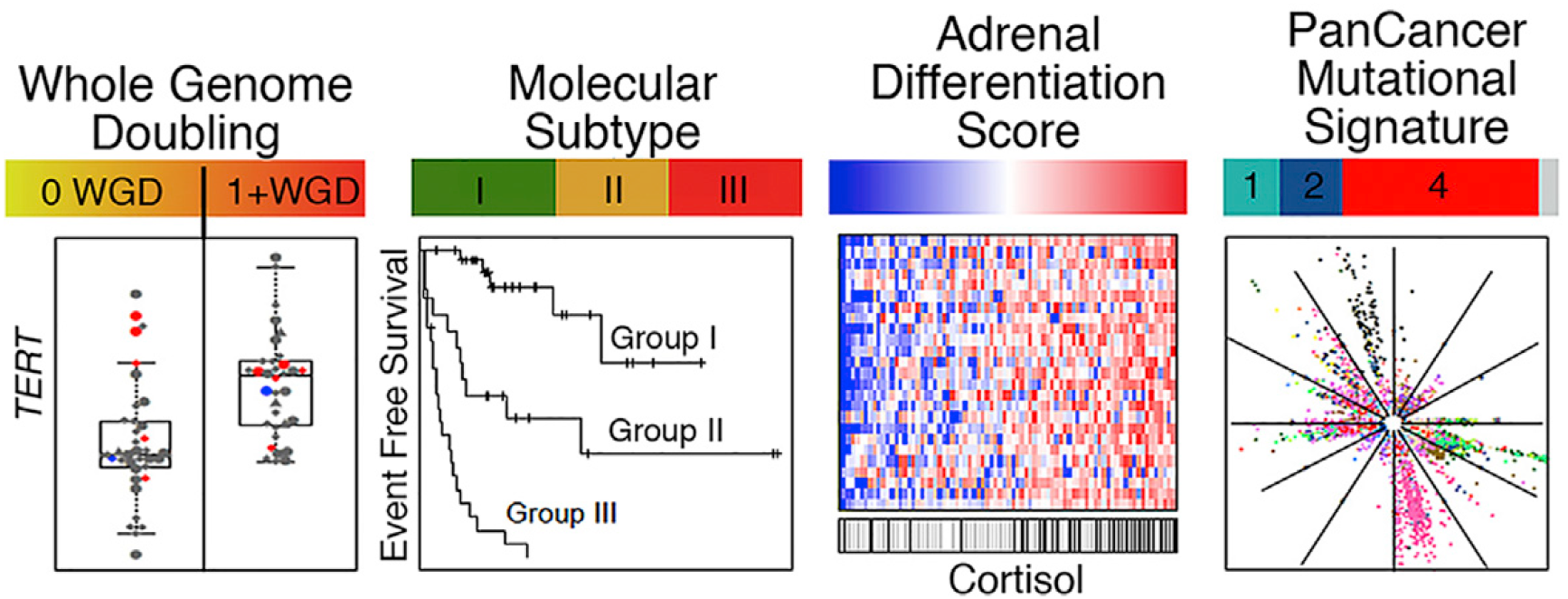New Publication in ‘Cancer Cell’
 isbscience.org/news/2016/05/23/new-publication-cancer-cell/
isbscience.org/news/2016/05/23/new-publication-cancer-cell/
As part of The Cancer Genome Atlas project, the Shmuelvich Lab and colleagues published a paper in the journal Cancer Cell related to the rare cancer adrenocortical carcinoma. Read the summary:
3 Bullets:
- Adrenocortical carcinoma (ACC) is a rare, under-researched endocrine cancer with limited therapeutic options and overall poor outcome.
- TCGA researchers performed comprehensive analysis of 91 ACC samples to gain better understanding of potential genetic causes of the cancer.
- Researchers revealed whole genome doubling as a milestone in disease progression and discovered a potential biomarker that is based on DNA methylation that may inform ACC drug therapies.
By Varsha Dhankani
Adrenocortical carcinoma (ACC) is a rare endocrine cancer with limited therapeutic options and overall poor outcome. In TCGA (The Cancer Genome Atlas) research published on May 9, 2016, in the journal Cancer Cell, scientists, including several from Institute for Systems Biology, comprehensively analyzed 91 ACC specimens from four continents using state-of-the-art genomic technologies and computational methods. The goal of the study was to identify additional oncogenic alterations to provide a framework for further research and guide development of therapies. READ MORE…






